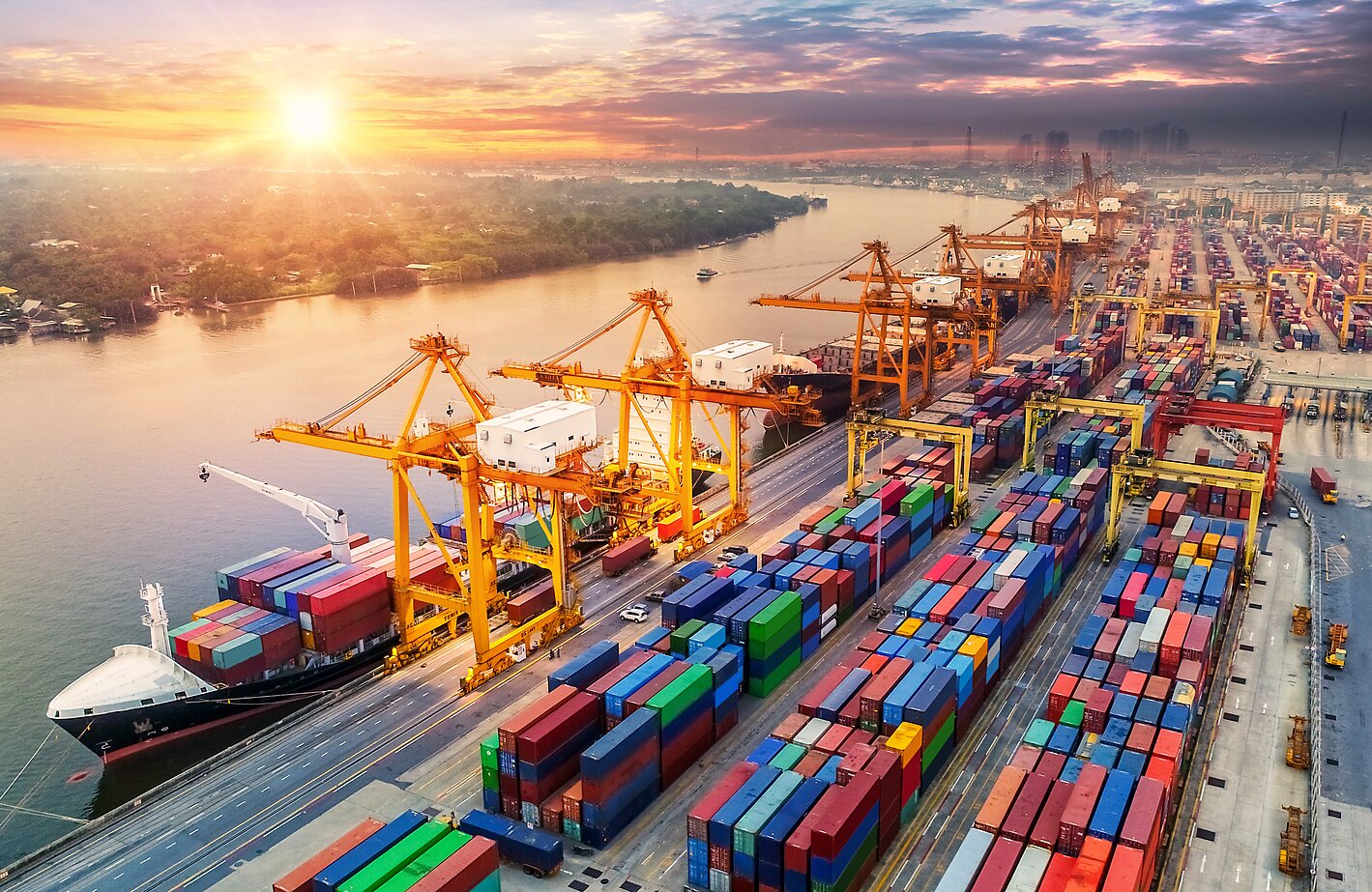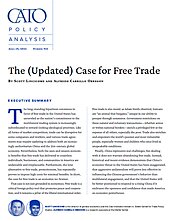That case is not just grounded in economics. Free trade is a critical foreign policy tool that promotes peace and cooperation, and it remains a pillar of the liberal international order. Free trade is also moral: as Adam Smith observed, humans are “an animal that bargains,” unique in our ability to prosper through commerce. Government restrictions on these natural and voluntary transactions—whether across or within national borders—enrich a privileged few at the expense of all others, especially the poor. Trade also enriches and empowers the world’s poorest and most vulnerable people, especially women and children who once lived in unspeakable conditions.
Finally, China represents real challenges, but dealing with it does not warrant abandoning free trade. Instead, historical and recent evidence demonstrate that China’s economic threat to the United States has been exaggerated, that aggressive unilateralism will prove less effective in influencing the Chinese government’s behavior than multilateral engagement, and that the United States will be better positioned to respond to a rising China if it embraces the openness and confidence that made America an economic powerhouse.







